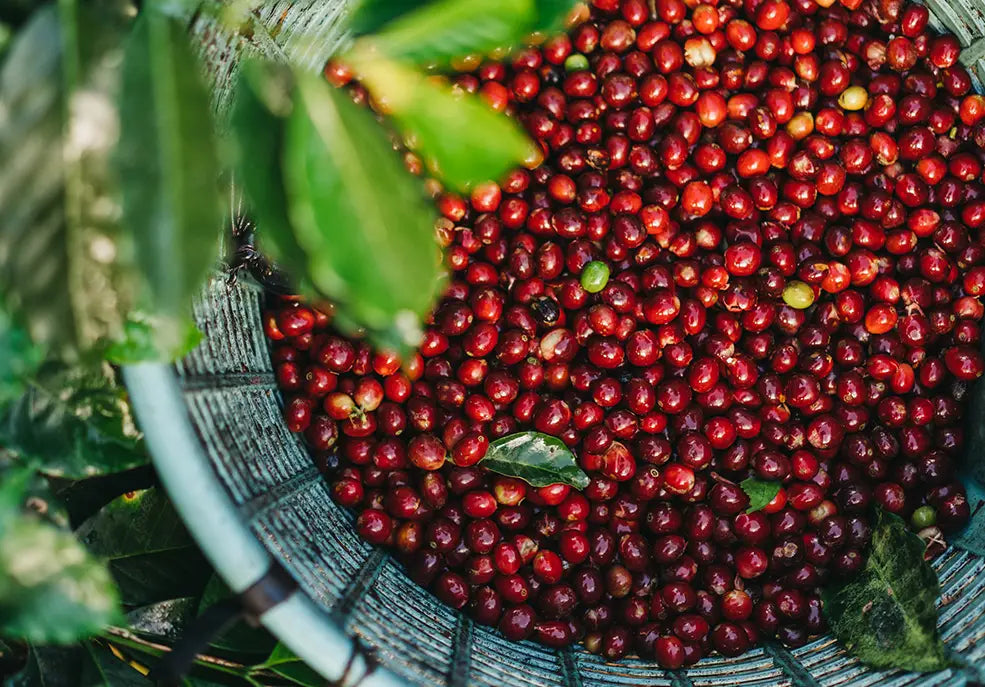Costa Rica is one of the world’s biggest coffee producers, and its reputation is built on a blend of natural conditions, a deep-rooted coffee culture, and government policies that prioritize quality over quantity.
Ideal Climate and Geography
Costa Rica’s volcanic soil, high altitudes, and consistent rainfall create the perfect conditions for growing Arabica coffee, the highest-quality coffee bean. Coffee thrives in the country’s cool, misty highlands, particularly in regions like Tarrazú, known for its rich, complex flavors. The country’s diverse microclimates allow for a range of coffee profiles, appealing to global connoisseurs.
A History of Quality
Costa Rica has a long history of prioritizing coffee quality. By law, only Arabica beans can be grown, ensuring that the coffee industry maintains high standards. This focus began in the 19th century when coffee became a big export, helping Costa Rica establish itself economically. Even today, small, family-owned farms dominate the landscape, dedicating generations to practicing their craft.
Sustainable Practices
Costa Rica is also a leader in sustainable coffee farming. Many plantations use eco-friendly practices, such as shade-grown coffee, which protects biodiversity and supports local ecosystems. This commitment aligns with Costa Rica’s broader environmental goals, attracting ethical consumers worldwide.
Supportive Government Policies
The government has played a critical role in fostering the coffee industry. Early in its history, Costa Rica offered incentives to coffee growers, from free land to infrastructure investments. Today, cooperative models and support for small farmers ensure the industry remains robust and competitive.
Conclusion
Costa Rica’s coffee success is no accident. Its ideal climate, commitment to quality, and sustainable, farmer-focused approach have turned this small Central American country into a global coffee powerhouse. Whether you’re sipping a cup of smooth Tarrazú or a bold Tres Ríos, you’re tasting centuries of dedication to excellence.
More stories

The Dramatic Rise of Decaf Coffee

